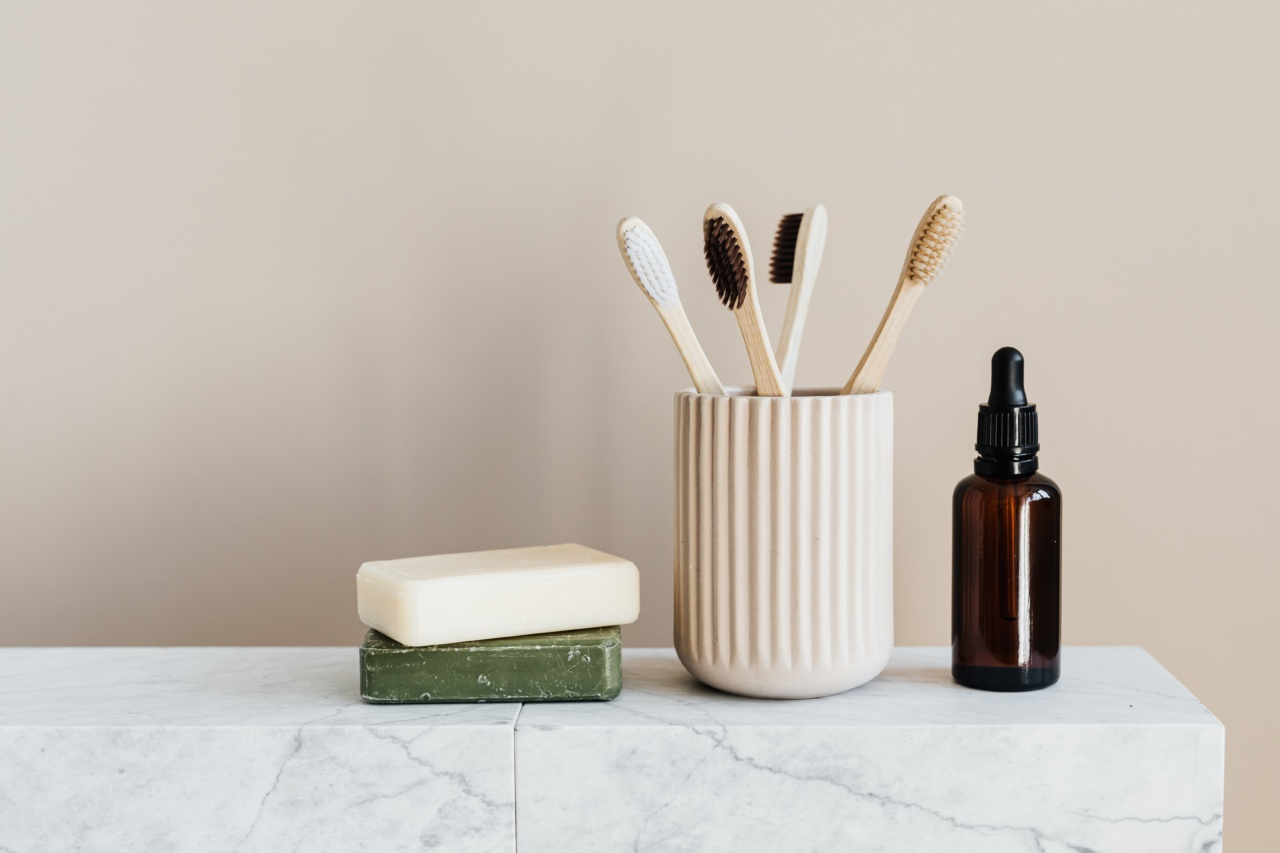Hypertension, also known as high blood pressure, is a common condition that affects millions of people worldwide. It occurs when the force of blood against the artery walls is too high, making the heart work harder than it should.
If left untreated, hypertension can lead to serious health problems such as heart disease, stroke, and kidney failure.
Fortunately, there are simple lifestyle changes you can make to reduce your blood pressure and protect your health. Here are six tips to help you lower your numbers:.
1. Reduce Your Salt Intake
Eating too much salt can raise your blood pressure, so it’s important to limit your intake. The American Heart Association recommends no more than 2,300 milligrams (mg) of sodium per day, but ideally, you should try to stay under 1,500 mg per day.
To achieve this, avoid processed and fast foods, which tend to be high in sodium, and instead cook fresh meals at home with herbs and spices for flavor.
2. Incorporate Potassium-Rich Foods into Your Diet
Along with lowering your sodium intake, increasing your potassium intake can also help lower your blood pressure. Potassium is a mineral that helps counteract the effects of sodium, so it’s important to consume enough of it.
Good sources of potassium include bananas, avocados, sweet potatoes, spinach, and tomatoes.
3. Get Regular Exercise
Regular exercise can help lower your blood pressure by strengthening your heart and making it more efficient at pumping blood. Aim for at least 30 minutes of moderate-intensity exercise most days of the week, such as brisk walking, cycling, or swimming.
If you’re new to exercise, start slowly and gradually increase your intensity over time.
4. Maintain a Healthy Weight
Being overweight or obese increases your risk of developing hypertension, so it’s important to maintain a healthy weight. Aim for a body mass index (BMI) between 18.5 and 24.9, which is considered a healthy range.
You can achieve this by eating a well-balanced diet and exercising regularly.
5. Limit Your Alcohol Intake
Drinking too much alcohol can raise your blood pressure, so it’s important to limit your intake. The American Heart Association recommends no more than one drink per day for women and no more than two drinks per day for men.
A drink is defined as 12 ounces of beer, 5 ounces of wine, or 1.5 ounces of 80-proof distilled spirits.
6. Manage Your Stress
Stress can temporarily raise your blood pressure, so it’s important to learn how to manage it. Find healthy ways to cope with stress, such as exercise, meditation, or talking to a therapist.
It’s also important to prioritize self-care and take time for yourself every day, such as by reading a book or taking a relaxing bath.
By incorporating these simple tips into your daily routine, you can effectively lower your blood pressure and improve your overall health. If you have hypertension, be sure to follow your doctor’s advice and take any medication as prescribed.































